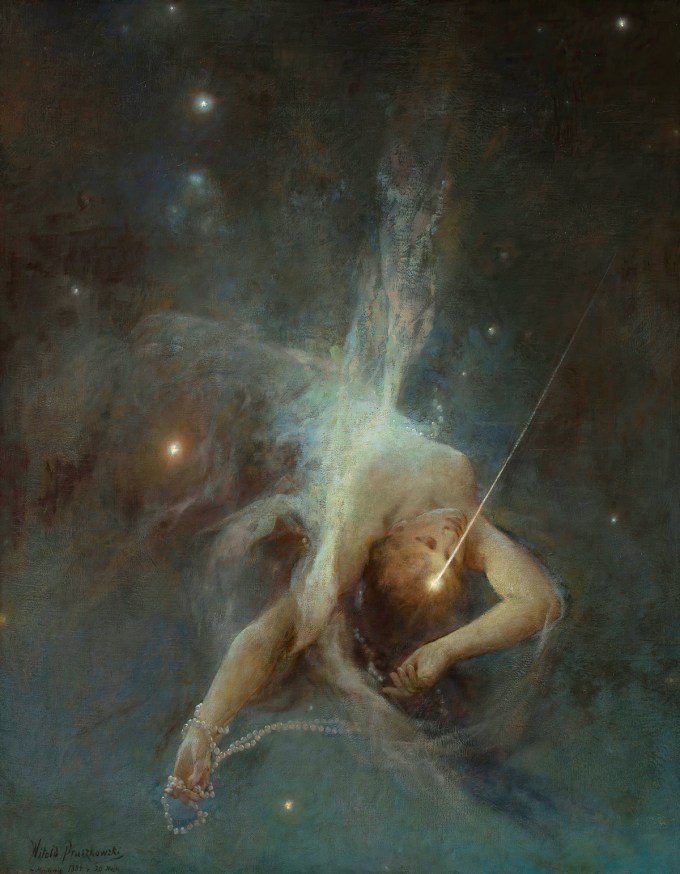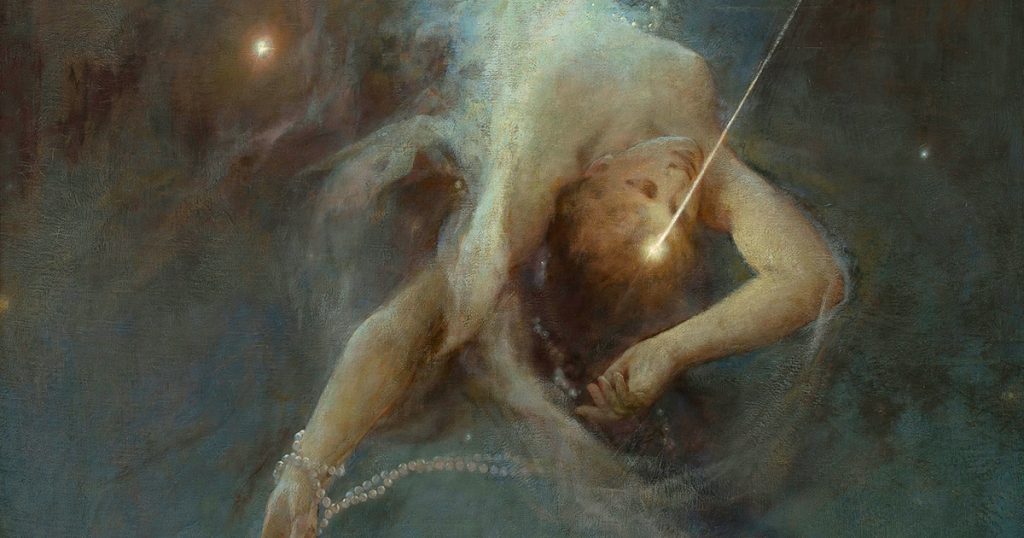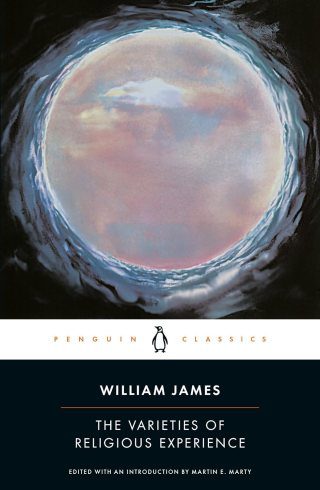Love gives and takes away, changing and strengthening us, revealing our incompleteness and completeness. It shows us that our world is open and unfinished, and by connecting with others, we expand and become more ourselves. maps our incompleteness. At its heart is the ecstatic, disorienting recognition that our world is unfinished, that by entering the world of the other we broaden and magnify our own, that in the end there is no world — only a flowing exchange of energy, through which we become more entirely ourselves.
In this transformation, we partake of the miraculous.
The pioneering psychologist and philosopher William James (January 11, 1842–August 26, 1910) explores this miraculous, world-remaking aspect of love in a passage from The Varieties of Religious Experience: A Study in Human Nature (public library | free ebook) — the 1902 masterwork based on his Gifford Lectures about science, spirituality, and the human search for meaning, which also gave us James on the four features of transcendent experiences.

Building on his revolutionary 1884 theory of emotion, James observes that feeling is what gives valence and meaning to experience — without it, “no one portion of the universe would then have importance beyond another; and the whole collection of its things and series of its events would be without significance, character, expression, or perspective.” Seeing love as “the most familiar and extreme example of this fact,” he considers its power and its choicelessness:
If it comes, it comes; if it does not come, no process of reasoning can force it. Yet it transforms the value of the creature loved as utterly as the sunrise transforms Mont Blanc from a corpse-like gray to a rosy enchantment; and it sets the whole world to a new tune for the lover and gives a new issue to his life.
Precisely because it lives beyond the reach of reason, love is never attained by willful effort, cannot be bargained for or earned — it is a gift and a miracle that comes unbidden as birdsong, total as a galaxy.
Reflecting on these deepest of human emotions, James writes:
If they are there, life changes. And whether they shall be there or not depends almost always upon non-logical, often on organic conditions. And as the excited interest which these passions put into the world is our gift to the world, just so are the passions themselves gifts — gifts to us, from sources sometimes low and sometimes high; but almost always nonlogical and beyond our control.
The limitations of logic are why we so profoundly fail to imagine what lies on the other side of love’s transformation. The self-limitation of control is the cage of howling loneliness that keeps us from the freedom necessary for love — for love is “a knot made of two intertwined freedoms,” in Octavio Paz’s unforgettable definition. That mysterious aspect of love — unreachable by logic and reason, impervious to will and control — is why our choice in love is largely an illusion, why our slender margin of choice contains only the courage and patience with which we face its trembling uncertainty and choose to love anyway.
Complement with Kahlil Gibran on the courage to weather the uncertainties of love and Christian Wiman on love and the sacred, then revisit William James on the psychology of attention (because, lest we forget, love is “the quality of attention we pay to things.”)




